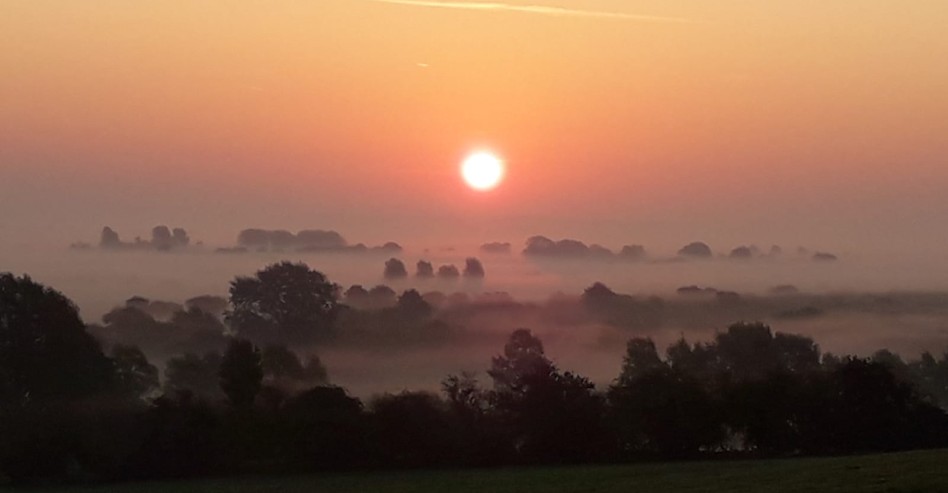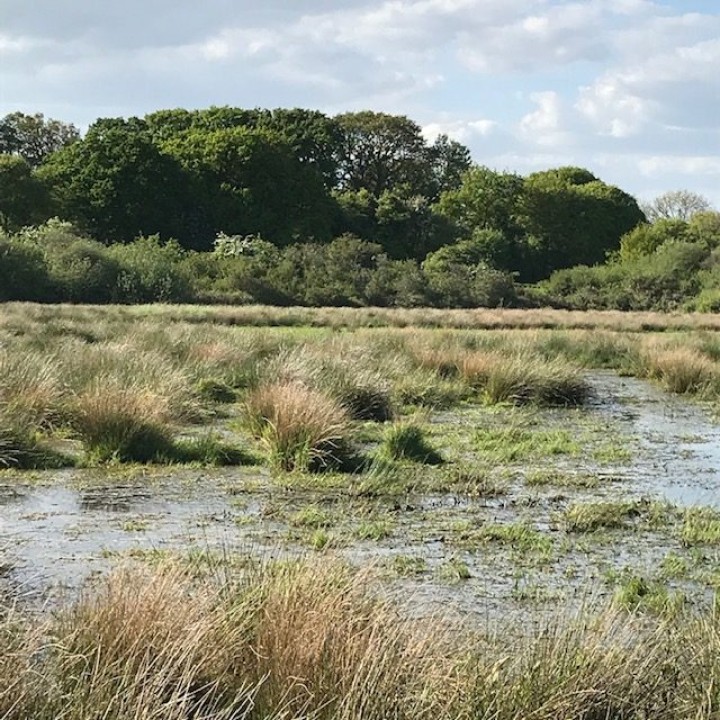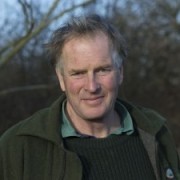Nirmal Purja, on completing his unique winter climb to the summit of K2, reflected that “Mother Nature always has bigger things to say”. The roar of the wind on that savage mountain would have filled his ears, but we should listen to his wisdom without necessarily scaling a 26000ft peak. Jane Goodall and David Attenborough, august voices of nature, have expressed their view that, among a range of ghastly outcomes, COVID-19 is caused by the disintegration and disconnection from the natural world. They, too, are telling us to listen and to act accordingly.
Back at home, I have been alerted to some less well-known voices. Having pursued an ambitious conservation plan on the farm for over a generation it is disquieting that many species special to our landscape are still in steep decline. I have been looking intently to the works of the rewilders, particularly a nearby project at Knepp Castle Estate, which now boasts the highest songbird densities in England, for inspiration. Their results are challenging the paradigm of conventional good conservation, causing me to review what we do on our marshes and meadows. Over the last decade, we have grown wilder. There is even a patch of the farm referred to as Mini Knepp, and another, where our lapwing nest, called Little Elmley, after the great North Kent nature reserve, but the “whole hog” of rewilding remains economically too difficult. We must continue with our cattle and our sheep or face bankruptcy. This is what deep environmentalists refer to as The Tragedy of the Commons. Mulling over this impasse is taxing.
Just as we must keep “doing”, we must keep listening. With great relief comes a message from another senior voice of nature, Beccy Speight, the bright new CEO of the RSPB. Understanding the new energy of the rewilding movement she has played the sensible hand. She has called for a moderation of the “polarisation” created by extreme demands. Let us use farmland to spread our reserves into, she says, to merge boundaries and extend the connectivity of wildlife habitats. Let us get “good conservation” played out more widely by joining with the farming industry. Let’s not alienate farmers with painted words and plastic concepts.





